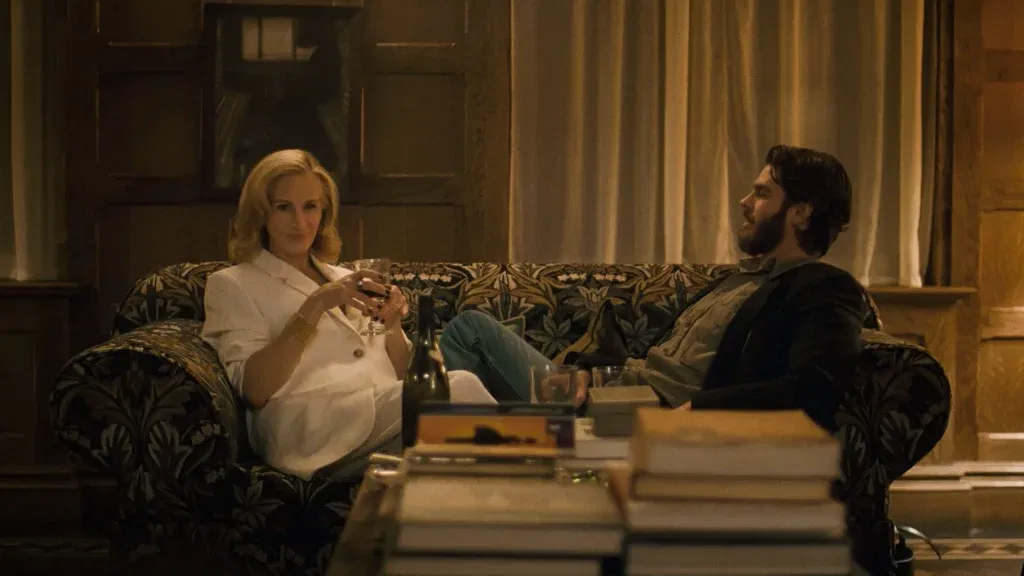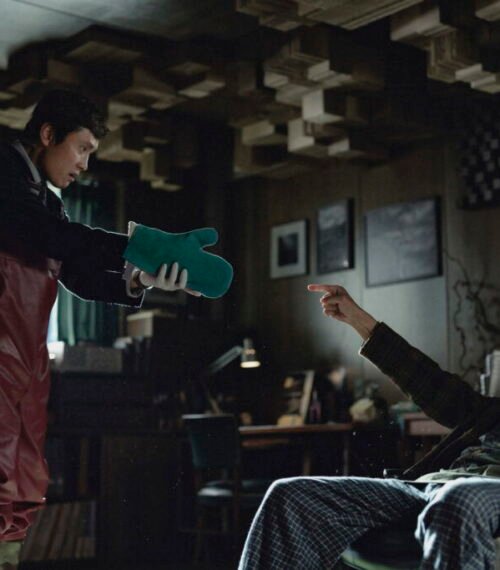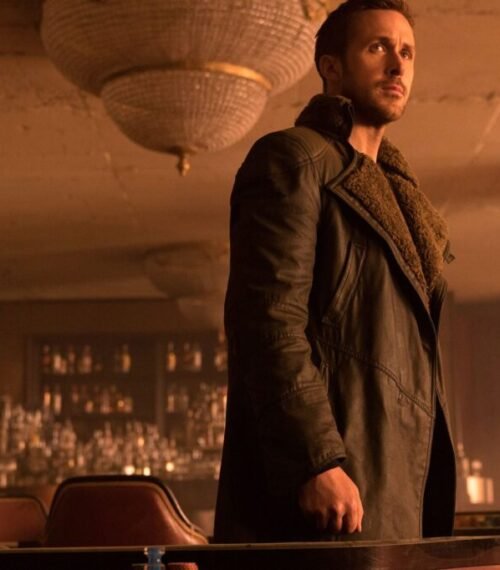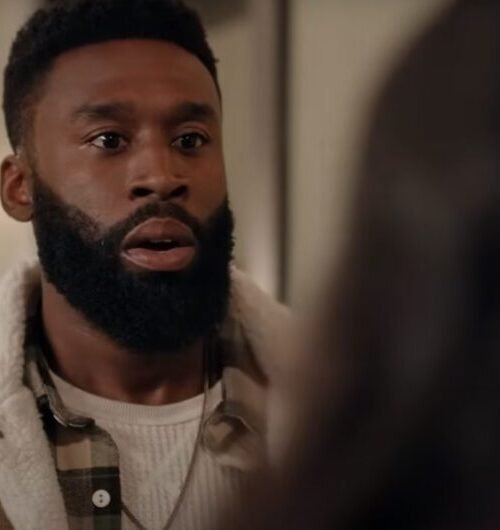Luca Guadagnino’s After the Hunt presents as a twist on the #MeToo era in academia, but masquerades as a film about our true divider: class. It’s a shame that it fails to be a compelling take on either. For a filmmaker whose body of work has been so varied and successful, it’s a letdown to see his signature nuance get lost in what is his most formally basic film.
After the Hunt Review
The film stars Julia Roberts as Professor Alma Emhoff, an icy philosophy professor at Yale University who speaks in psychobabble, using as many buzzwords as there are days in the year. Her husband, a somewhat timid psychiatrist (Michael Stuhlbarg) seems destined to drive Alma into an affair with her masculine colleague, Hank Gibson (Andrew Garfield). The campus’s fragile equilibrium is shattered when a young philosophy student and Alma’s protégé, Maggie (Ayo Edebiri), brings an accusation of sexual assault against Hank, forcing Alma to reckon with her own beliefs and decide who she trusts.
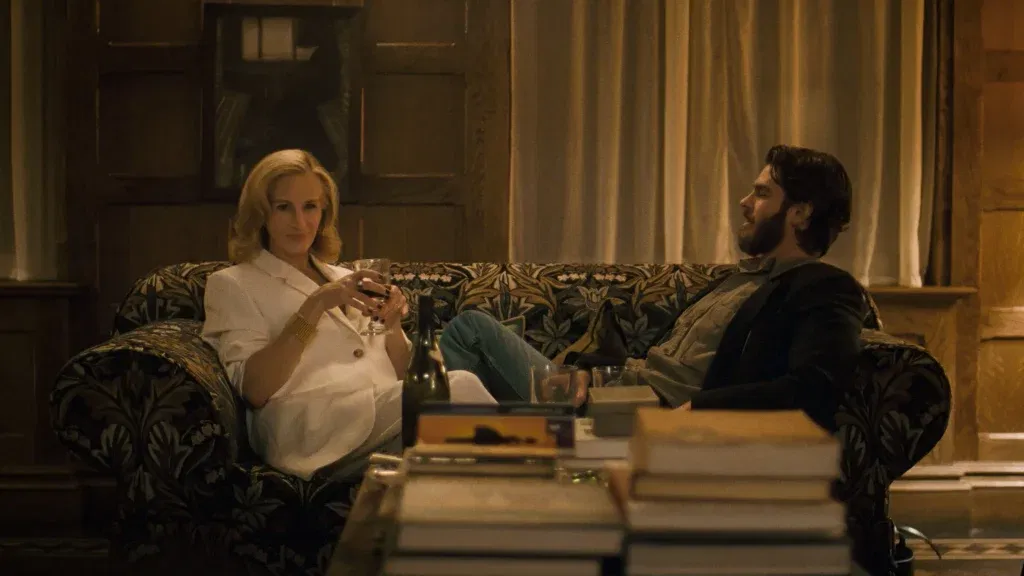
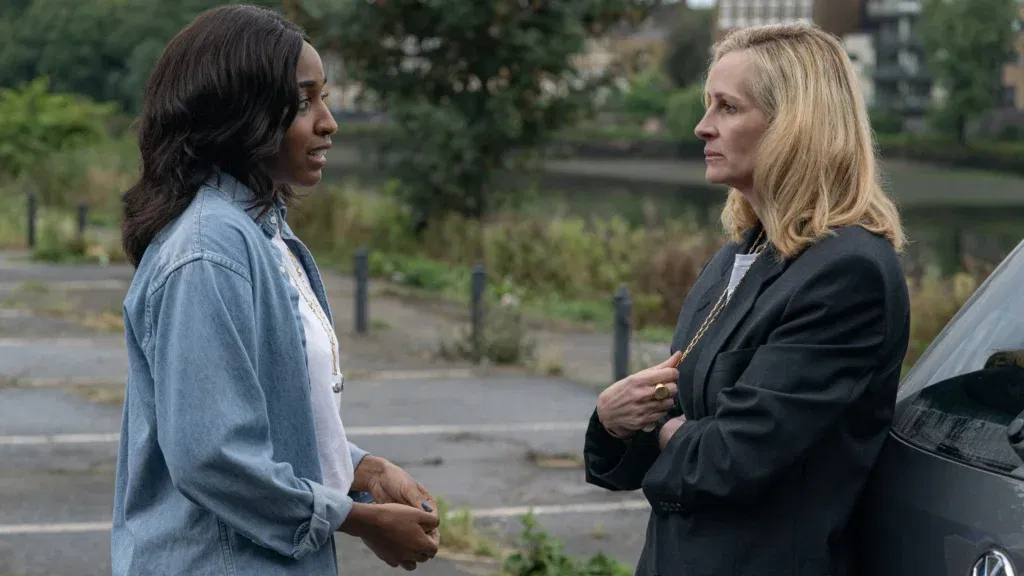
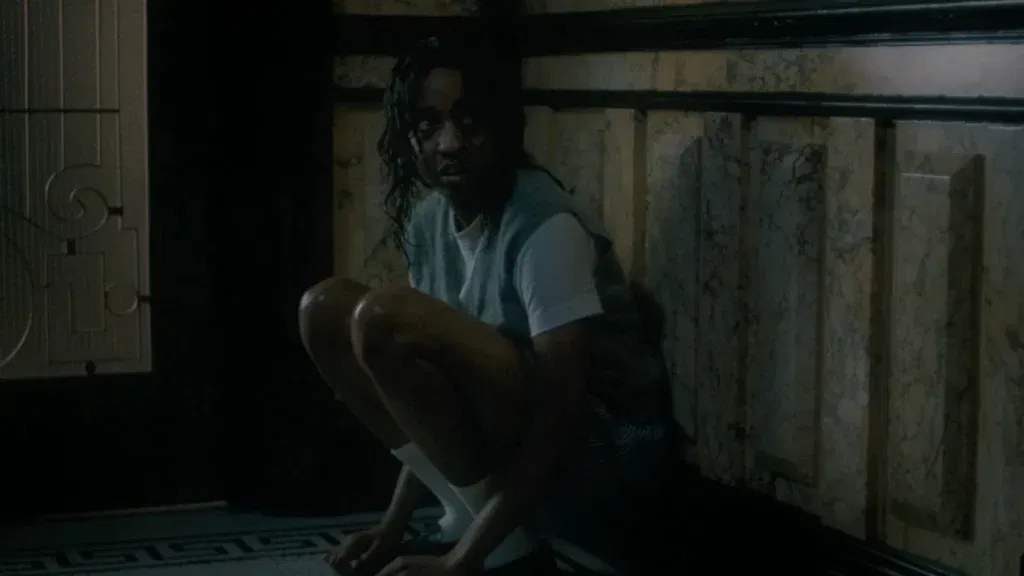
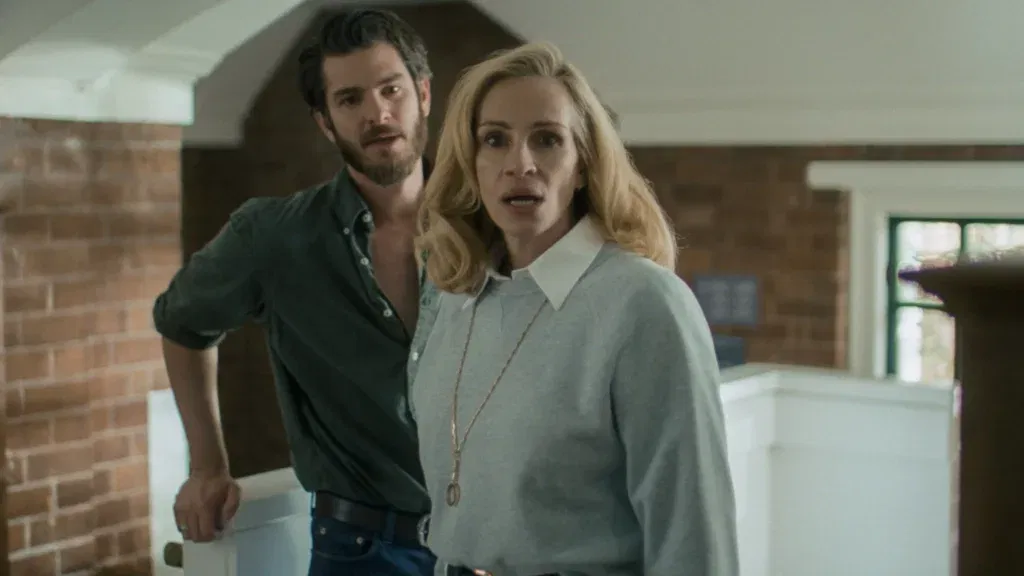
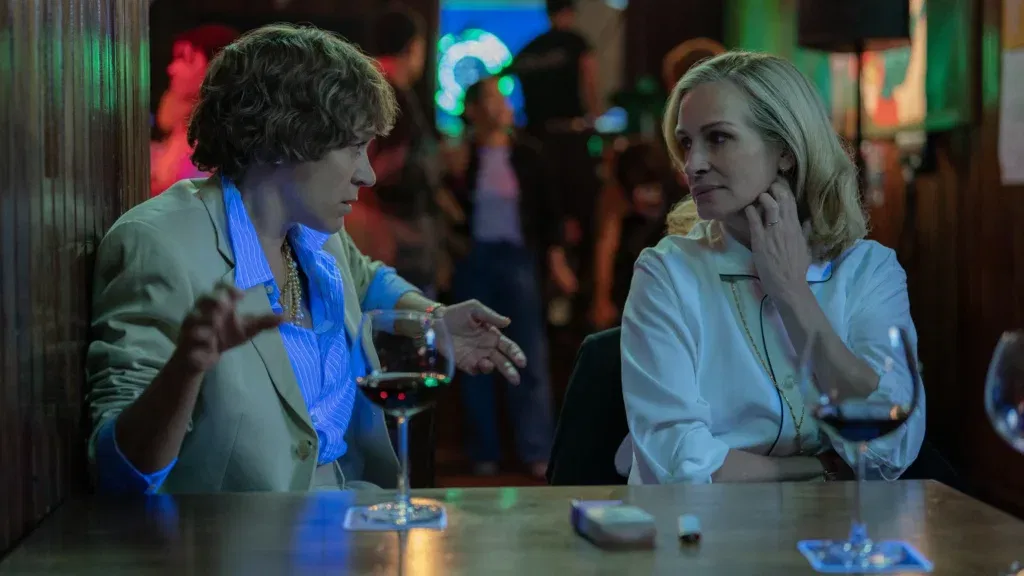
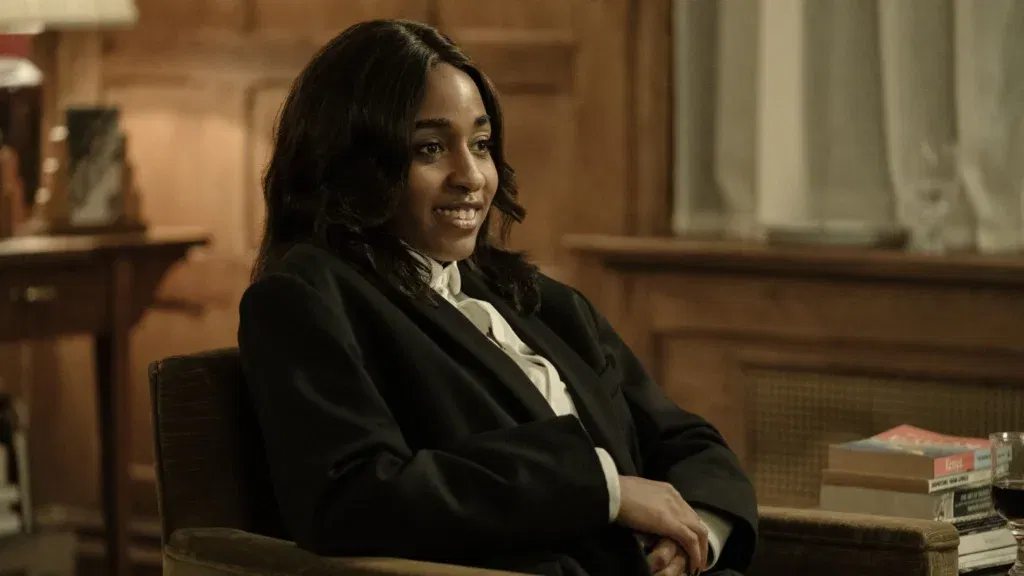
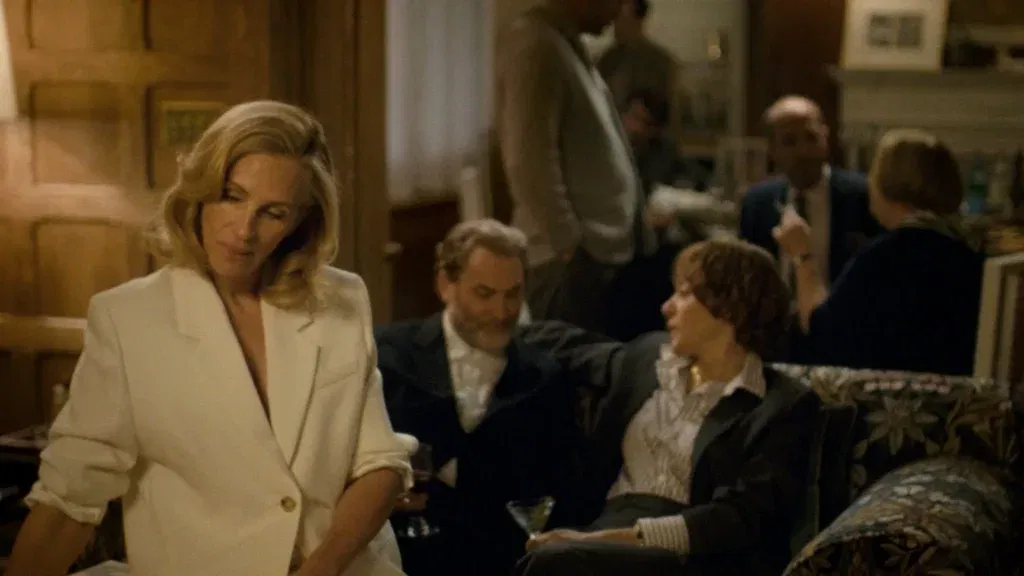
For its overlong two-hour and 20-minute runtime, we’re teased along a fresh and exciting path. For the first 100 minutes, the film excels with a moral ambiguity that gives the audience so much to work with. The snappy dialogue from screenwriter Nora Garrett, the superb cinematography from Malik Hassan Sayeed (who seems to imitate Sayombhu Mukdeeprom’s work to a lesser result), and the excitingly precise score from Trent Reznor and Atticus Ross all combine to make a film that feels far more intriguing than it has any right to be. It turns a professor’s internal debate into a thriller so tense that I was on the edge of my seat.
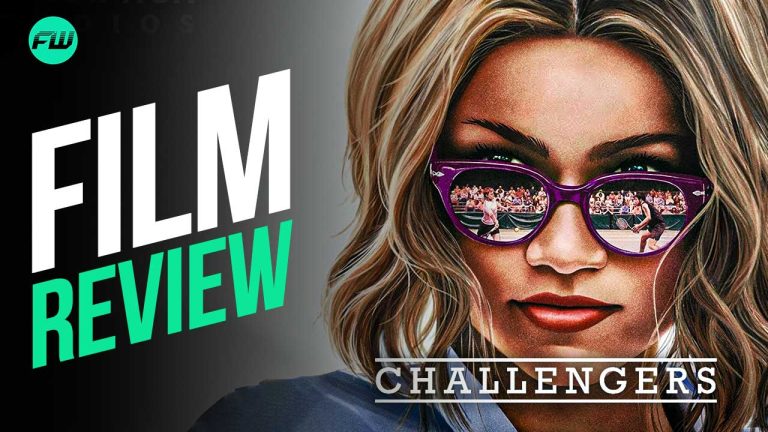
Challengers Review – Zendaya Sizzles in Guadagnino’s Steamy Sports Drama
And then, toward the end, it nearly falls apart. The film collapses into a tired mediocrity that undermines nearly every bit of the goodwill it so carefully built. I’ll keep the specifics vague, but I found the final reveal disappointingly conventional. It keeps the film from feeling like a genuinely fresh take on this kind of thriller, ultimately offering so little that it’s rather astounding.
After the Hunt is all about its social commentary, and oh boy, it has that in spades. Garrett has written a keen script about the condescending way older generations look down on Gen Z and their supposed desperation to be oppressed. The film finds its strongest critique on “intersectional desired oppression,” the sort of absurd jargon that Roberts and Garfield spout for most of the runtime. Maggie makes it clear that she’s a queer Black woman, and because of this, the world is unfair to her, a point that’s at odds with her family’s immense wealth and influence. While Garrett proves herself a talented philosopher, it’s a shame her plotting isn’t nearly as sharp as her commentary.
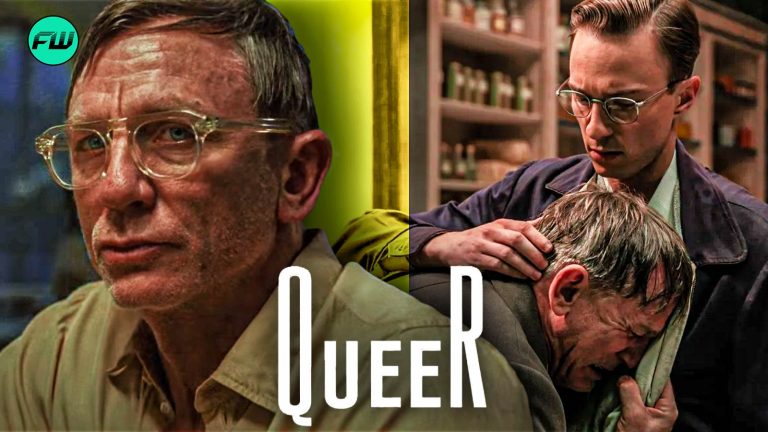
Queer TIFF Review — Daniel Craig Shines in Luca Guadagnino’s Deliciously Weird Burroughs Adaptation
The film comes to a somewhat abrupt ending, supplemented by an epilogue. Again, without giving too much away, this epilogue saves the movie from being abominable and prevents it from being anything remarkable. It strips away the complex questions we should have been left to grapple with, instead offering a tidy conclusion that feels at odds with everything that came before. By the time the credits roll, Guadagnino has made a few key decisions that leave me puzzled, not in the way you want to be puzzled by a mystery.
Is After the Hunt worth watching?
The shiny bells and whistles of Luca Guadagnino’s latest thriller aren’t enough to save it from being just decent. Its almost insane runtime is bogged down by filler, leaving you to imagine the concise, compelling film that could have been. It’s disappointing for those who expected more from a filmmaker whose work has been so consistently fresh. And while a bad Guadagnino film is still far better than the average drama, After the Hunt feels like a placeholder that will seldom be remembered by fans of his work, and certainly dismissed by those who aren’t.
After the Hunt is in theaters on October 10.

